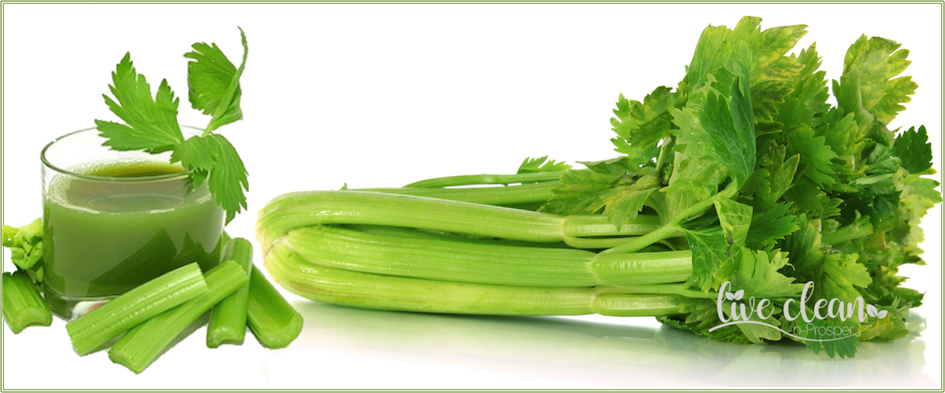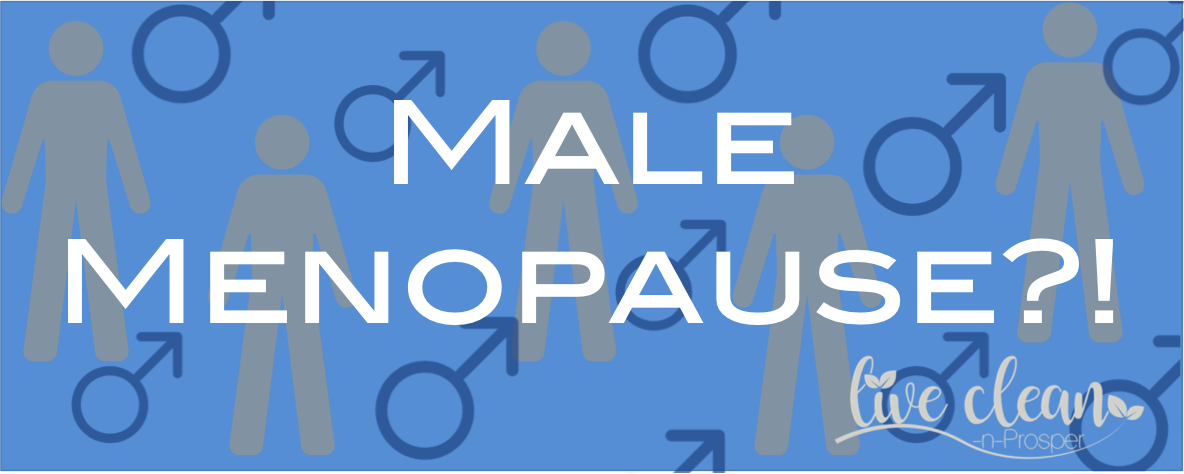Today’s post topic is Celery.
Recently a small article in the paper about Celery causing sun sensitivity caught my eye. I had never heard about this phenomenon before.
After some Internet searching, I found out some interesting facts.
In regards to sun sensitivity,
There are actually several foods that we eat on a regular basis could cause sun sensitivity. Compounds found in lime and parsley could cause a bad reaction to the sun.
For some people, just touching a lime and then exposing the skin to the sun, causes a rash.
The same phenomenon can occur after handling celery or parsley. Celery contains a compound called ‘furocoumarin’ which is linked to sun sensitivity.
Studies have been conducted to see how much of this compound a person needs to eat for sun sensitivity to occur. It was concluded that a person would have to consume a significant amount of celery. I guess if you love celery juice you may not want to drink litres of it every day.
Then there are the health benefits,
There are a number of reasons we should eat celery. All parts of celery including the seeds, roots, and leaves can be used. Many of these a lot of people would be familiar with.
Detoxifies the Body
It acts as an antioxidant. Celery contains phthalides, flavonoids, and polyacetylenes. These components detoxify carcinogens, seek out free radicals floating in the body and neutralize them.
Weight Loss
Celery is very low in calories and is also filling due to its high fibre content. The trick is to ensure you are consuming the fibre in the celery than drinking just the juice. Regular drinking of celery juice before meals may help to reduce your weight. The fibre fills the stomach, therefore reducing the amount you eat.
Boosts Immune System
Rich in vitamin C and antioxidants, celery greatly boosts the strength of the immune system and makes it more active and efficient.
Less known benefits,
Then there are a bunch of health benefits that I had never heard of before.
Lowers Cholesterol Level
Eating celery every day may reduce artery-clogging cholesterol (called LDL or “bad” cholesterol). The phthalides in celery stimulate the secretion of bile juices, which work to reduce cholesterol levels.
Reduces Blood Pressure
The phthalides, can also lower the level of stress hormones in your blood. This allows your blood vessels to expand, giving your blood more room to move, thereby reducing pressure. It also contains potassium that acts as a vasodilator, reducing blood pressure.
Lowers Arthritis Pain
Celery has anti-inflammatory properties that help to reduce swelling and pain around the joints. Its also acts as a diuretic, which helps to remove uric acid crystals that build up around the body’s joints that can add to the pain and discomfort. It also increases the regrowth of tissue in inflamed joints
Regulates Fluid Balance
Celery is rich in both sodium and potassium, and both of these minerals help to regulate the fluid balance in the body.
Research has also shown that celery assists with Cancer prevention, reduces Asthma symptoms, improves heart health, relieves migraines and assists in managing diabetic symptoms. Who would have thought it?! (Sources: www.organicfacts.net, www.ncbi.nlm.nih.gov)
I personally don’t eat much celery. However after this research, I think I will be making more of an effort to eat it regularly.
Till next post,
Live clean n prosper.



